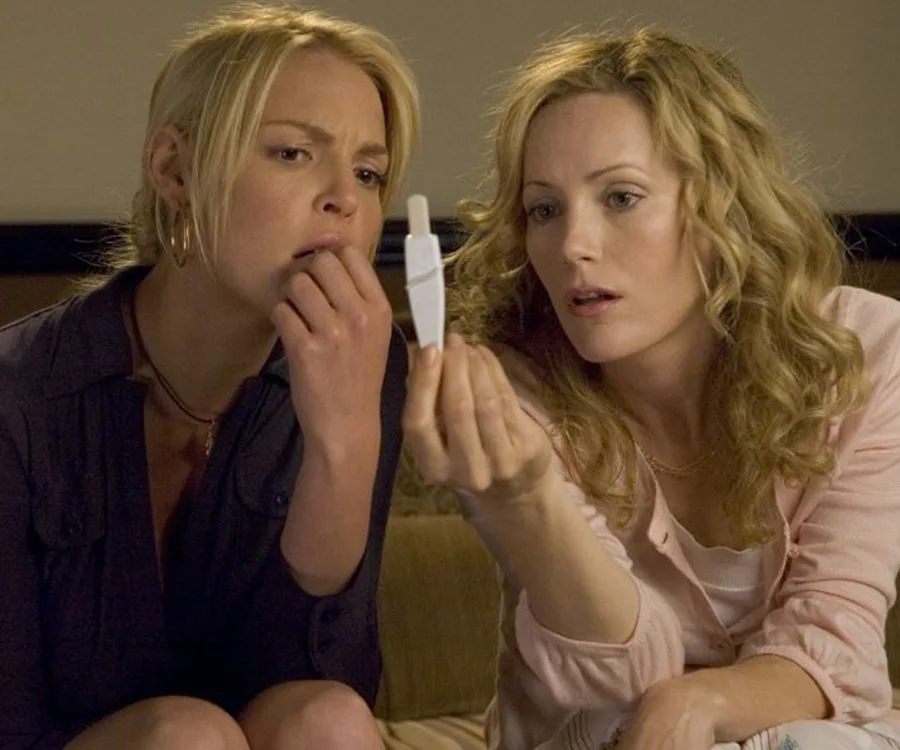Put simply, an at-home pregnancy test is designed to decide whether someone is pregnant or not by measuring hCG levels in a woman’s urine.
(The Therapeutic Goods Association says these tests specifically pinpoint raised levels of hCG in the urine that usually – but not always as it varies from woman to woman – occur about six days after fertilisation.)
That is if said at-home pregnancy test actually works…

According to the TGA, more than half of the at-home pregnancy test kits sold in Australia have either ceased sale or have been recalled.
The investigation came after three pregnant women had negative test results after using the One Step HCG urine pregnancy test, given to them at a family planning clinic.
As reported by News.com.au, this then prompted the TGA to call in all of the other pregnancy tests on the market in Australia for testing.
From this, nine suppliers pulled their product off shelves, while another two were removed from the Australian Register Therapeutic Goods (ARTG) for being “improperly included”.
The pregnancy test kits in questions:
While the faulty products have been taken off the market, the TGA reassures us the remaining pregnancy tests were proven to be reliable and in working order.
For more information, visit the TGA website.


